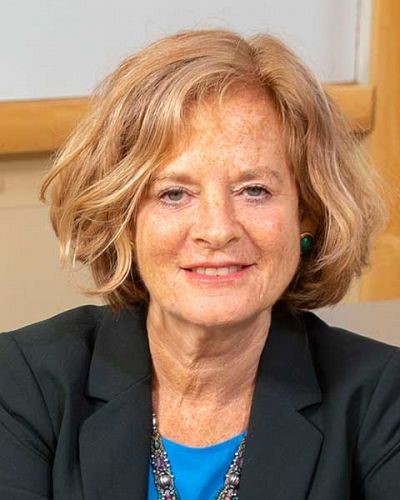Laura Bronstein, Binghamton University – Community Schools and Reducing Summer Learning Loss
 Summer programs can be key for certain students to continue their learning.
Summer programs can be key for certain students to continue their learning.
Laura Bronstein, professor of social work at Binghamton University, examines how community schools can help.
Laura’s research revolves around interdisciplinary and interprofessional collaboration as well as community schools. Prior to entering academia, Laura worked as a practicing social worker in family preservation, in a school for children with developmental disabilities, in hospice and in a psychiatric hospital. She created the widely-used and internationally recognized Index of Interdisciplinary Collaboration and published A Model for Interdisciplinary Collaboration. Laura has a 2016 co-authored book, School-linked Services (Columbia University Press) and a 2018 co-edited book, A Guide for Interprofessional Collaboration (Council on Social Work Education Press). Laura has received far-reaching recognition for her work including the John A. Hartford Foundation Outstanding Dean in Aging award and Binghamton University’s first Lois B. DeFleur Faculty Prize for “innovative work that crosses boundaries”. She received the Esther W. Couper Memorial Award for “outstanding service and dedication to the children and families of our community.” In 2023 she was cited as among the top 2% of scholars in the world in her field in the Stanford World Scientist and University Rankings.
Community Schools and Reducing Summer Learning Loss
Summer learning loss is a huge issue across K-12 education, and it’s especially concerning for youth from low-income families. While middle-class homes can often provide for summer enrichment, children from low-income families can lack quality summer activities.
Learning loss for youth in low-income communities adds up dramatically over the years. By ninth grade, about two-thirds of the academic achievement gap between disadvantaged youth and their more advantaged peers can largely be explained by how they spend their summers.
As founding director of Binghamton University Community Schools and a scholar who studies the outcomes of community schools that include summer programming, I have seen the profound potential they have in creating a more equitable school environment and increasing attendance, achievement and graduation rates. Community schools build bridges among community resources, placing the school at the core of the community, to support youth, families and neighborhoods within and beyond the doors of the classroom. They are among the most effective means to promote equity so that all students have the support they need to graduate and succeed.
When summer programs are components of community schools, they assure students from low-income families have the necessary support to continue learning through the summers. This occurs through enriched activities including music, dance, crafts, athletics, outdoor experiences, and academics. With students more plugged into summer learning, teachers in high-poverty neighborhoods can begin teaching new content at the start of the school year.
When more school districts implement the community school model and offer summer programs, we can reduce learning loss across the country, lessen the academic gap that low-income students face when they return to school in the fall, support our teachers’ focus on grade-level academics, and lead all students, families and communities toward a brighter future.


